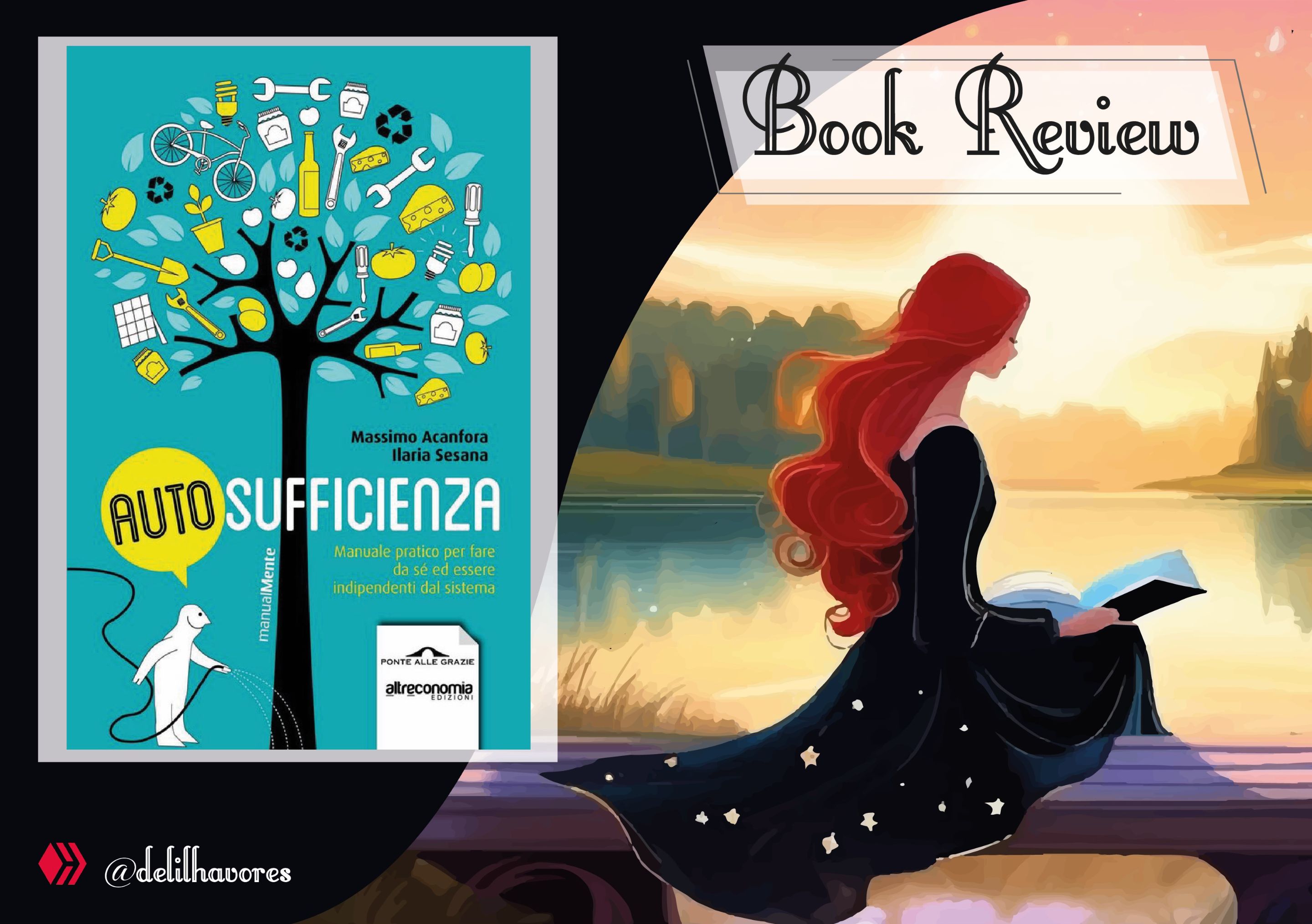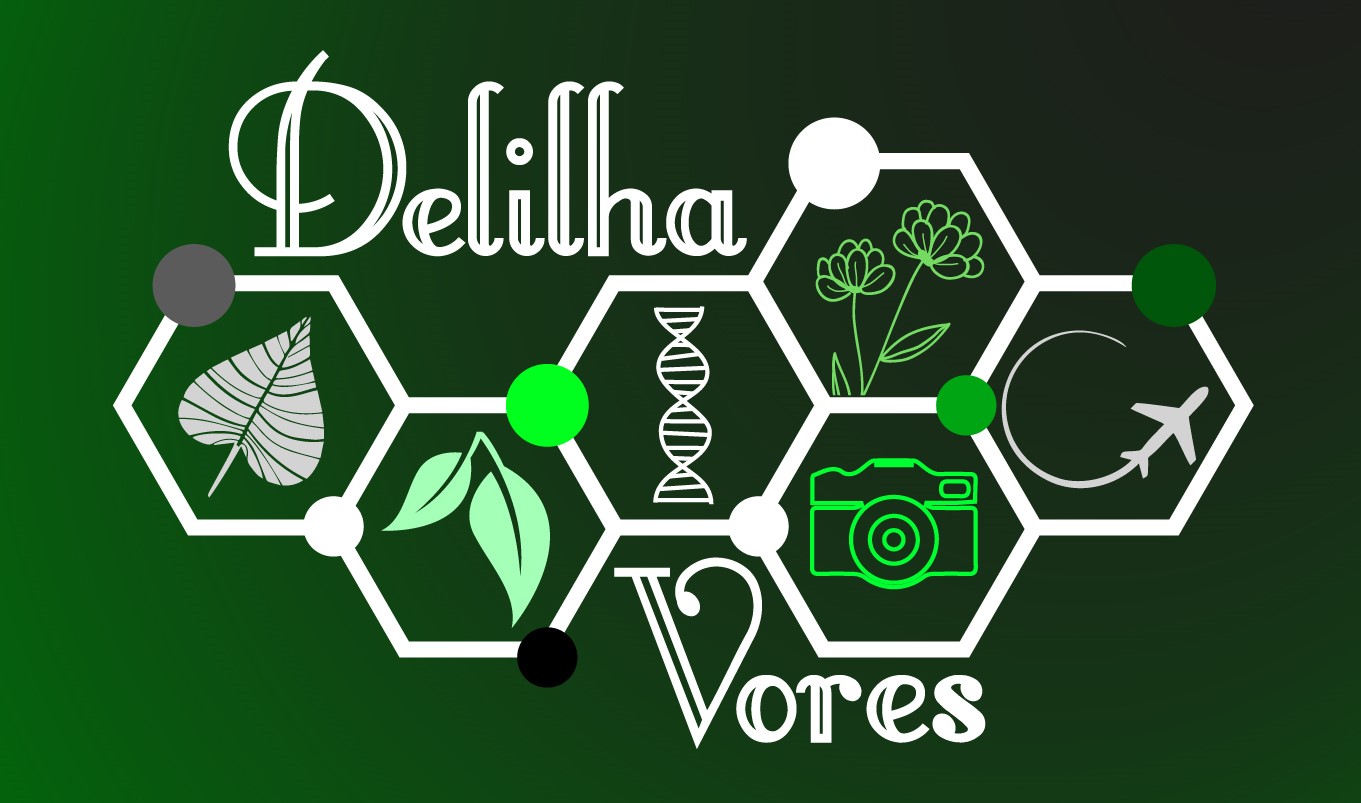ENG
Good morning Hive Book Club friends!
Welcome back to my Blog. If you are passionate about nature, DIY and are tired of this hyper-consumerist society, you absolutely must read the book I will talk about today. It’s a practical manual where you can find advice on how to change your lifestyle, moving from excess to minimalism in everyday life.
Happy reading!
ITA
Buongiorno amici di Hive Book Club!
Bentornati sul mio Blog. Se siete appassionati di natura, fai da te e siete stanchi di questa società iper-consumistica, dovete assolutamente leggere il libro di cui vi parlerò oggi. È un manuale pratico dove trovare consigli su come cambiare il proprio stile di vita, passando dall’eccesso al minimalismo nella vita di tutti i giorni.
Buona lettura!


Technical data
Title: “Autosufficienza. Manuale pratico per fare da sé ed essere indipendenti dal sistema” (“Self-sufficiency: A practical manual for doing it yourself and being independent from the system”)
Year of publication: 2013
Publisher: Ponte alle Grazie
Number of pages: 251
Author
The author of this book is called Massimo Acanfora and I must admit that, before reading this, I did not know him.
He is an Italian journalist who deals with social issues, lifestyle, economics and food. He also spreads knowledge on growing balcony gardens and urban gardens.
Plot and personal considerations
The manual starts from a strong criticism of society: we live in a world where work is precarious, the future is uncertain and the values of life are increasingly ephemeral. According to the author, we can no longer choose: we must make a radical change in our habits! For this reason, it’s important to rediscover slowness and learn to appreciate time, the greatest wealth we have.
Self-sufficiency is a value that our society has forgotten, but in reality it’s invaluable. Being independent from the system, making do, allows us to recover the manual skills that our grandparents once had written in their DNA.
This book teaches us to give up the superfluous. How many things do we buy, without really needing them, that could be built with our own hands, if only we had the patience to do so? The aspect that I liked most about this manual is precisely its concreteness.
But be careful: it’s not about giving up the well-being and rights that we have earned over the years with difficulty. The main goal of the book is to focus on saving, on essential life and to look for other forms of wealth that are not economic. For example, this book made me discover the power of community! With our daily choices, such as food choices, we can really make a difference.
I discovered that in my city there is a Time Bank. If you don't know this project, I'll tell you about it right away: it’s an initiative that allows people to make their time available in the form of money and benefit from that of others. Each member is entitled to 50 hours of activity: they must make 25 hours available to others, based on the things they know how to do (sew a pair of trousers, fix a tap, paint walls, do gardening, ...) and at the same time they can use 25 hours by requesting them from others, to compensate for what they don't know how to do. In this way, a virtuous circle of skills is created that does not pass through money. I find it a really interesting experience!
The writer does not have an aversion to money, however he explains how important it is to do without it when possible. In a society where it seems that you can buy everything (including love), we must rediscover the value of making room in our hearts for other forms of wealth.
Dati tecnici
Titolo: “Autosufficienza. Manuale pratico per fare da sé ed essere indipendenti dal sistema”
Anno di pubblicazione: 2013
Casa editrice: Ponte alle Grazie
Numero di pagine: 251
Autore
L’autore di questo libro si chiama Massimo Acanfora e devo ammettere che, prima di questa lettura, non lo conoscevo.
È un giornalista italiano che si occupa di tematiche sociali, stile di vita, economia e cibo. Diffonde anche conoscenze sulla coltivazione di orti da balcone e giardini urbani.
Trama e considerazioni personali
Il manuale parte da una critica forte nei confronti della società: viviamo in un mondo dove il lavoro è precario, il futuro è incerto e i valori della vita sono sempre più effimeri. Secondo l’autore, ormai non possiamo più scegliere: dobbiamo fare un cambiamento radicale delle nostre abitudini! Per questo motivo, è importante riscoprire la lentezza e imparare ad apprezzare il tempo, la ricchezza più grande che abbiamo.
L’autosufficienza è un valore che la nostra società ha dimenticato, ma in realtà è inestimabile. Essere indipendenti dal sistema, arrangiarsi, permette di recuperare la manualità che una volta i nostri nonni avevano scritta nel DNA.
Questo libro insegna a rinunciare al superfluo. Quante cose acquistiamo, senza averne reale necessità, che potrebbero essere costruite con le nostre mani, se solo avessimo la pazienza di farlo? L’aspetto che mi è piaciuto di più di questo manuale è proprio la sua concretezza.
Attenzione però: non si parla di rinunciare al benessere e ai diritti che abbiamo conquistato nel corso degli anni con fatica. L’obiettivo principale del libro è concentrarsi sul risparmio, sulla vita essenziale e cercare altre forme di ricchezza che non sono economiche. Ad esempio, questo libro mi ha fatto scoprire il potere della collettività! Con le nostre scelte quotidiane, come per esempio quelle alimentari, possiamo davvero fare la differenza.
Ho scoperto che nella mia città esiste la Banca del Tempo. Se non conoscete questo progetto, ve ne parlo subito: si tratta di un’iniziativa che consente alle persone di mettere a disposizione il proprio tempo sotto forma di moneta e di beneficiare di quello degli altri. Ad ogni iscritto spettano 50 ore di attività: deve mettere a disposizione 25 ore agli altri, in base alle cose che sa fare (cucire un paio di pantaloni, aggiustare un rubinetto, dipingere le pareti, fare giardinaggio, …) e allo stesso tempo può utilizzare 25 ore richiedendole agli altri, per compensare quello che non sa fare. In questo modo, si crea un circolo virtuoso di competenze che non passa attraverso il denaro. La trovo un’esperienza davvero interessante!
Lo scrittore non ha un’avversione nei confronti del denaro, tuttavia spiega come sia importante farne a meno quando è possibile. In una società dove sembra che si possa comprare tutto (compreso l’amore), dobbiamo riscoprire il valore di fare spazio nel proprio cuore ad altre forme di ricchezza.

Favorite Quotes
“Being independent also means being able to do without material goods, which our society indicates as parameters to measure individual well-being and, at times, prestige”.
“I think that in this moment of economic crisis, the land is the only place where we can return to rebuild a new economy. Every government should say to future generations: ‘We don’t have much else to give you, we have lost the ability to give you work, social security and guarantee you a decent standard of living. But the land still has this ability, we are handing over public lands to the farmers of the future: provide for yourselves’”.
“Plants are like people. To be together they must be compatible. Made for each other. In fact, especially in small spaces such as pots, tubs, small vegetable gardens, they may be forced to compete for light, water, nutrients. They can damage each other and transmit diseases or parasites. The meeting of roots, like that between two people with opposing and profound beliefs, can degenerate”.
Conclusion
The book describes the 10 essential pillars to become independent from the system, which have the final goal of "changing the world". It’s an ambitious goal, however I’m convinced that if we all put into practice a few simple habits, it would not be so impossible.
I would like the younger generations to read this book, so as to grow up more freely and independently from economic mechanisms.
Thank you for reading me! Do you know other interesting books on this topic?
See you next time,
Delilha
Citazioni preferite
“Essere indipendenti significa anche poter fare a meno dei beni materiali, che la nostra società indica come parametri a misura del benessere e, a volte, del prestigio individuali”.
“Penso che in questo momento di crisi economica, la terra è l’unico luogo in cui possiamo ritornare per ricostruire una nuova economia. Ogni governo alle generazioni future dovrebbe dire: ‘Non abbiamo molto altro da darvi, abbiamo perso la capacità di darvi lavoro, sicurezza sociale e garantirvi un tenore di vita decente. Ma la terra ha ancora questa capacità, noi consegniamo le terre pubbliche agli agricoltori del futuro: provvedete a voi stessi’”.
“Le piante sono come le persone. Per stare insieme devono essere compatibili. Essere fatte l’una per l’altra. Infatti, soprattutto in spazi piccoli come vasi, vasche, piccoli orti, può capitare che siano costrette a concorrere per la luce, l’acqua, i nutrienti. Possono danneggiarsi e trasmettersi malattie o parassiti. L’incontro delle radici, come quello tra due persone di convinzioni opposte e profonde, può degenerare”.
Conclusione
Nel libro sono descritti i 10 pilastri essenziali per diventare indipendenti dal sistema, che si pongono come obiettivo finale “cambiare il mondo”. È un traguardo ambizioso, tuttavia sono convinta che, se tutti mettessimo in pratica poche e semplici abitudini, non sarebbe così impossibile.
Mi piacerebbe che le generazioni più giovani leggessero questo libro, in modo da crescere in maniera più libera e indipendente dai meccanismi economici.
Grazie per avermi letto! Conoscete altri libri interessanti su questo tema?
Alla prossima,
Delilha








